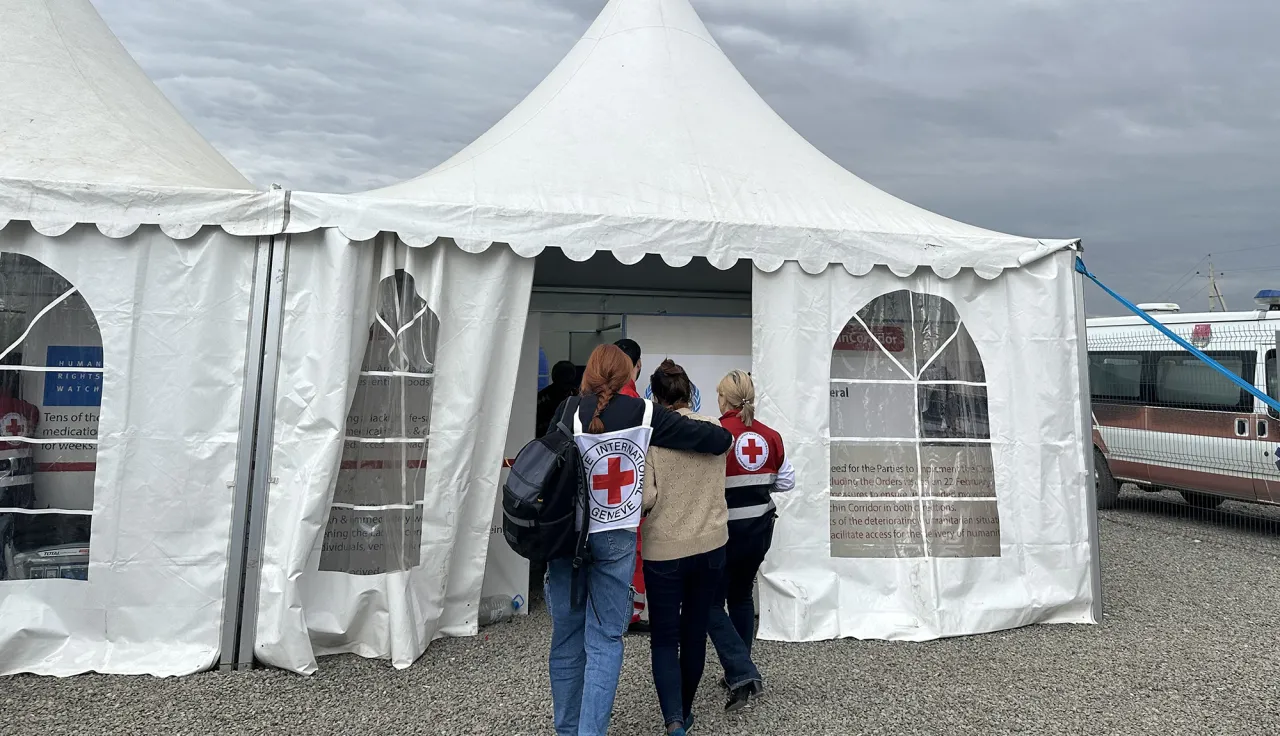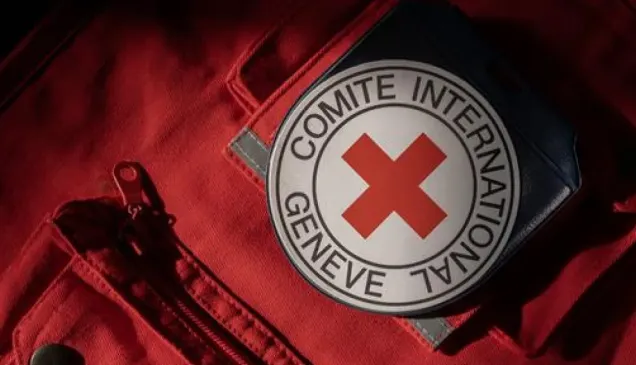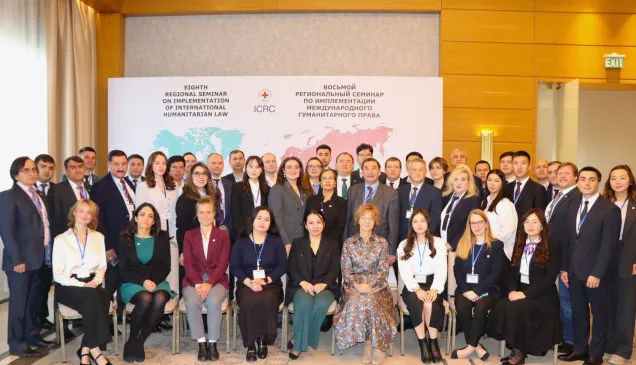We continued facilitating resilience-building programs in communities situated along the border between Armenia and Azerbaijan. We cooperated closely and worked in complementarity with the Armenian Red Cross Society (ARCS) supporting their activities as well as joining efforts in the response to the civilians affected by the escalations.
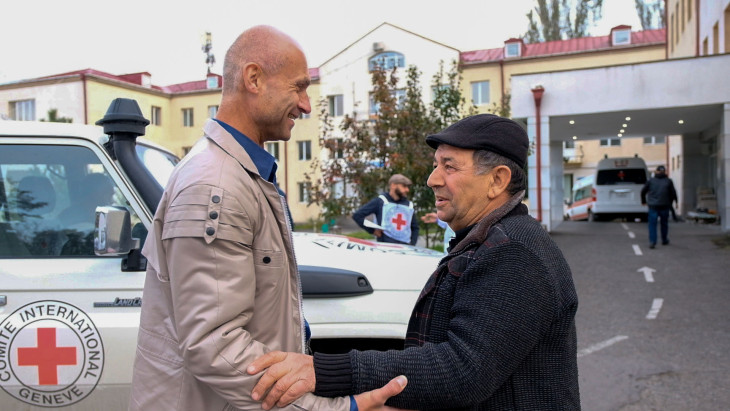
Following the military escalation on 19 September in Karabakh, the ICRC scaled up its response including with the deployment of staff specialized in the fields of protection, health, forensics, movement cooperation, and weapon contamination to respond to the evolving humanitarian needs. We provided hospitals with supplies to treat trauma injuries, including the war-wounded and burn victims from the fuel depot explosion on 25 September. We facilitated the medical evacuations to Armenia of those in need of urgent medical treatment.
We also supported the evacuation of the bodies of the deceased and worked with morgues and hospitals to help identify and ensure the respectful and dignified treatment of the dead. In Armenia, we provided cash assistance and material support to those moved from Karabakh, in cooperation with the ARCS.
We continued interacting with the families of people unaccounted for following the conflict escalations, and since November 2022, have launched the Accompaniment program, which is carried out in collaboration with the ARCS based on the prior assessment of needs of those families. In addition, we kept providing technical and material support, including forensic expertise, for the preparedness and response for the prevention of disappearances and maximizing identification of the dead in emergency situations.
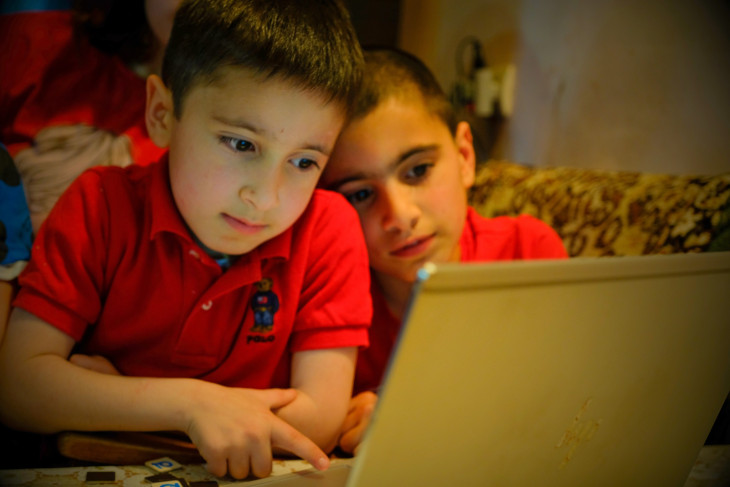
We kept visiting those detained in connection with the conflict escalations, whose detention had been confirmed by the respective authorities. During our visits, we assessed the treatment of the detainees and the conditions of their detention as well as facilitated the exchange of news with their families. With the consent of the authorities, the family contact was maintained by means of Red Cross messages, phone calls, oral greetings and/or pre-recorded video messages.

